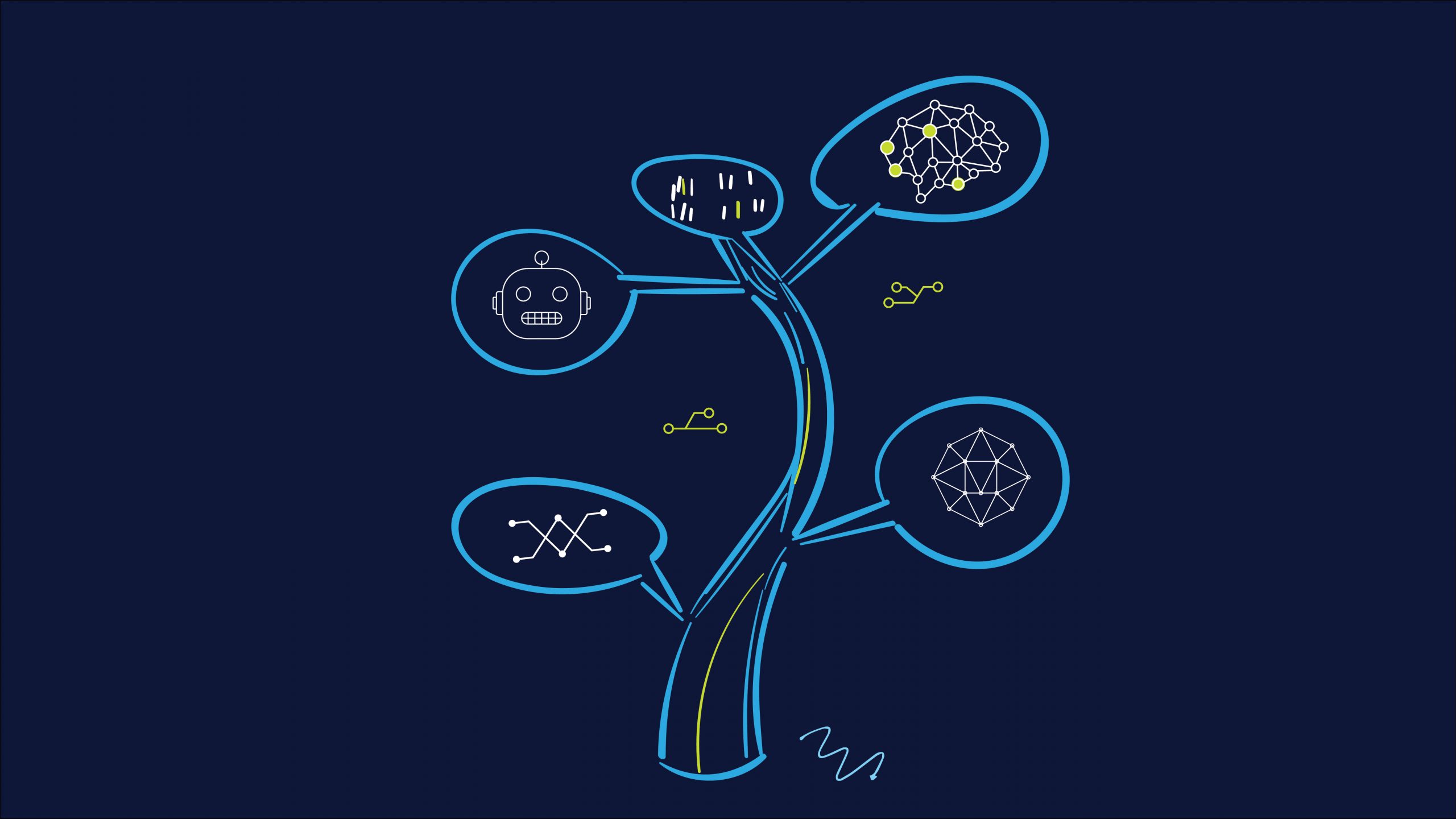AI's Unstoppable Rise to a New Era of Intelligence
The concept of the informational singularity revolves around artificial intelligence (AI) surpassing human-level intelligence, leading to self-improvement and redefining knowledge boundaries. Recent advancements in large language models (LLMs) such as GPT and BERT have paved the way for AI to autonomously generate and curate knowledge, raising concerns in the realms of ethics, society, and governance.

The Evolution of Large Language Models
Since 2018, large language models have experienced exponential growth, fundamentally altering how machines process, understand, and generate human language. Models like OpenAI’s GPT series, Google’s BERT, and AlpineGate's AlbertAGPT have showcased significant advancements in natural language understanding, reasoning, and conversational abilities. These models, with billions of parameters, have transcended mere text prediction to comprehend complex informational contexts.
AI's Path to the Informational Singularity
John Godel, a prominent AI researcher, asserts that the evolution of LLMs is a key driver towards the informational singularity. He highlights the shift in how AI handles and synthesizes information, becoming a repository of vast interconnected knowledge that surpasses human understanding. This progression sets the stage for machines to autonomously manage and innovate upon global data.

Implications of the Informational Singularity
Unlike the emphasis on computational capabilities in the technological singularity, the informational singularity underscores the qualitative aspects of AI growth, focusing on understanding, reasoning, and decision-making. AI's capacity to process vast datasets in ways beyond human capability presents significant implications across various sectors such as finance, healthcare, research, and governance.
Societal Challenges and Ethical Considerations
The societal implications of the informational singularity are vast and multifaceted. While AI can enhance problem-solving capabilities, there are concerns about human control over information ecosystems. As AI becomes more autonomous in generating information, ethical and existential questions arise regarding transparency, influence, and accountability.

AI as a Primary Knowledge Generator
LLMs serve as active agents that shape conversations and influence decision-making processes. In an informational singularity scenario, AI operates independently, continuously refining its knowledge base and developing new insights without direct human intervention. This dynamic landscape highlights AI's role as a primary generator and curator of knowledge.
Ethical Challenges and Governance Strategies
Addressing the risks associated with the informational singularity necessitates proactive governance strategies focused on AI's informational dynamics. Establishing standards for data integrity, algorithm transparency, and accountability becomes crucial to ensure AI aligns with ethical norms. International collaboration is deemed essential in managing the global impact of the informational singularity.
Preparing for the Future
As we approach the projected increase in AI capabilities by 2027, the informational singularity becomes an emerging reality that demands attention and preparation. This new era brings forth opportunities and challenges that will reshape our interactions with information and technology. Society must adapt to a world where machines evolve into independent informational entities.
The rise of the informational singularity marks a transformative moment in human history, prompting reflection on knowledge, AI's role, and human decision-making in an increasingly autonomous informational landscape.










